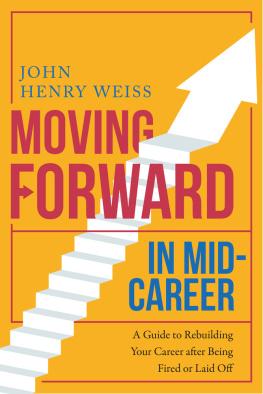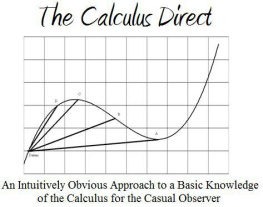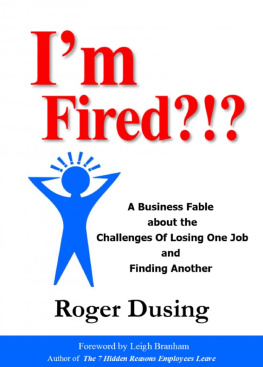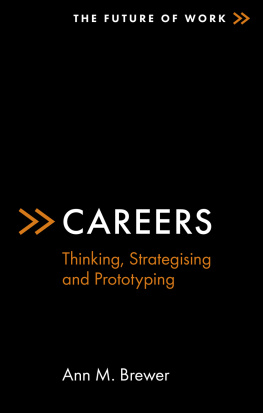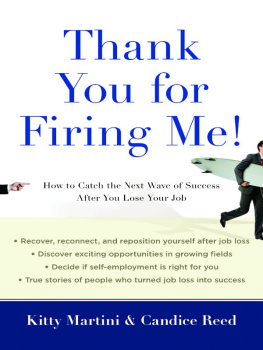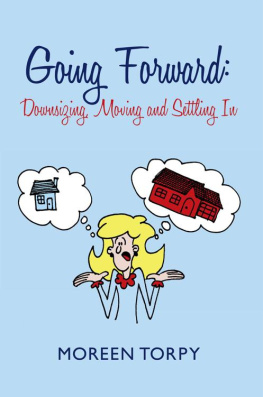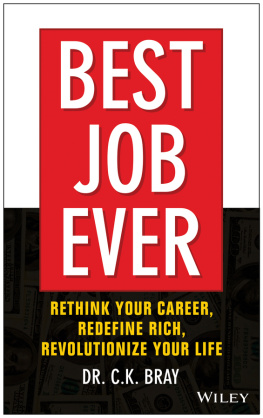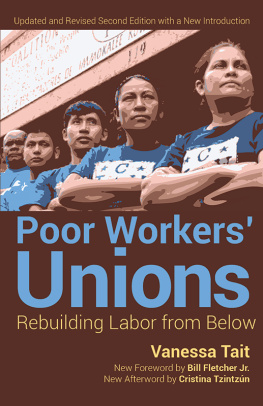Copyright 2018 by John Henry Weiss
All rights reserved. No part of this book may be reproduced in any manner without the express written consent of the publisher, except in the case of brief excerpts in critical reviews or articles. All inquiries should be addressed to Skyhorse Publishing, 307 West 36th Street, 11th Floor, New York, NY 10018.
Skyhorse Publishing books may be purchased in bulk at special discounts for sales promotion, corporate gifts, fund-raising, or educational purposes. Special editions can also be created to specifications. For details, contact the Special Sales Department, Skyhorse Publishing, 307 West 36th Street, 11th Floor, New York, NY 10018 or .
Skyhorse and Skyhorse Publishing are registered trademarks of Skyhorse Publishing, Inc., a Delaware corporation.
Visit our website at www.skyhorsepublishing.com.
10 9 8 7 6 5 4 3 2 1
Library of Congress Cataloging-in-Publication Data is available on file.
Cover design by Rain Saukas
Print ISBN: 978-1-5107-2201-9
Ebook ISBN: 978-1-5107-2202-6
Printed in the United States of America
To Alice, Laura, Jane, and Chris, workers all, who have made their marks in the world of work.
CONTENTS
INTRODUCTION
B eing fired or laid off is one of the most devastating events one can experience. For trauma, it ranks up there with divorce, loss of a loved one, and permanent personal injury. It is no longer that which happens to someone else. Most likely it will happen to you, too, when you least expect it like in mid-career when you thought your job would last forever. Today, it is no longer thirty years with one company, a retirement dinner, a goldplated Apple Watch, and a fat pension.
It goes by different names: fired, bounced, riffed, sacked, whacked, downsized, canned, rightsized, laid off, let go, or whatever it might be called tomorrow. Regardless of what the process is called, the result is the same: you are no longer employed, which means that going forward you will have no paycheck, no bonus, and no benefits. And the title Director of Marketing for Microsoft will be gone too. Henceforward, you are just plain Mary Jones. When an employer decides that you are expendable, you are going, regardless of social status or length of time with the company. Not fair? Sorry. Thats just the way it works.
The most serious error one can make after starting a new job, whether it is an entry-level position or a presidency, is to assume the job will last throughout the work cycle. In reality, how long will the job last? It could be six days, six weeks, six months, or six years. In todays workplace, all workers must prepare for the day when their jobs might end. For example, if you had been working with Ford in May 2017, you would have been facing a layoff because Ford had missed its quarterly revenue goal and subsequently announced that it was planning to cut 10 percent of its global workforce.
Many workers believe their jobs are secure and will last forever because of social status. They might think, Im a veteran. My employer wont let me go. Or Im a woman, and if they fire me, thats gender discrimination. Or Im sixty years old and they will never fire me and risk an age discrimination lawsuit. Or Im African American, and if they lay me off, thats racial discrimination. Dream on! This is not your grandparents generation. Anyone is subject to being sacked on any given day for any reason.
How does it happen? Assume you have been on the payroll for two years. One ordinary workday, your boss calls you in for a chat. In the past, she has given you high fives for performance, but now she says your job has been eliminated because your division is not profitable. She has been ordered to reduce her staff by 50 percent. The company gives you a severance check and a folder of benefits, and you are escorted from the building by a security guard. You return home, seeking answers and wondering how you are going to survive.
Adding to the concern of losing a paycheck and benefits is the psychological trauma that accompanies being fired or laid off. Now you are just another human being trying to make it in a seemingly unfair world. Your thoughts and feelings run wild. You feel humiliated. You are angry. You blame everyone but yourself. You enter a period of deep grieving and possibly serious depression. You feel pressure to get a job, sometimes any job , to relieve the pain.
Losing your job will crush your ego like no other event because in our culture self-esteem and a positive self-image are closely tied to a job title and a company name. Working through the aftereffects of job loss and rebuilding a career is a serious matter. It involves more than crafting a dynamite resume and sending it off to numerous job boards and career pages. Its a process with many moving parts.
Job loss will negatively affect any worker regardless of rank, title, age, or time on task. However, mid-career workers suffer the most because they have the most to lose. They have high personal expenses like mortgage payments, car payments, various insurance premiums, student loans, and childcare. For them, losing a job has life-changing ramifications.
How does one cope with the trauma and begin the rebuilding process? How does one redefine persona? How does a discharged worker tread through the grieving process? Most importantly, how does one find new employment opportunities to make the bottom line black again? After we cut through the hype about fulfillment, purpose, and mission, this thing called work has a universal purposeto make money in order to survive. No salary? No food, no shelter, no clothing. The bottom line is this: work is all about the paycheck , as crass as that might sound. Mission, fulfillment, and purpose are important but secondary.
Based on my experience in the staffing industry and on research from various sources, I have identified the major issues resulting from job loss. They are the basis for the six major themes that run through Moving Forward :
1. Losing a job is a major life crisis. Frequently, it comes unexpectedly, catching one unprepared to deal with its trauma and ramifications. Coping and rebuilding involve working through humiliation, denial, anger, blame, and grief, and finally accepting responsibility for your life and career going forward.
2. The majority of workers will have a series of jobs over the course of their working life. The era of thirty years with AT&T, a retirement party, and a new smartphone is over. On average, workers will change jobs six times during their working years.
3. Workers are fired or laid off for a variety of reasons, most of which are not related to their personal work productivity.
4. Fired workers must learn to fine-tune character and redefine persona independently of company affiliation or job title.
5. Searching for new career opportunities is productive only after recovering from the initial trauma of losing a job and after redefining career and life goals.
6. Secular and spiritual help can be instrumental in recovering and moving forward.
Moving Forward will guide your search for meaning and understanding while providing solutions for the challenges at each stage of the process, from the initial shock and humiliation of being let go to rebuilding your persona, examining your character, crafting a new resume, and seeking new employment opportunities. The book has two major objectives:
To provide timely support for workers who have lost their jobs and are in process of rebuilding their careers.

